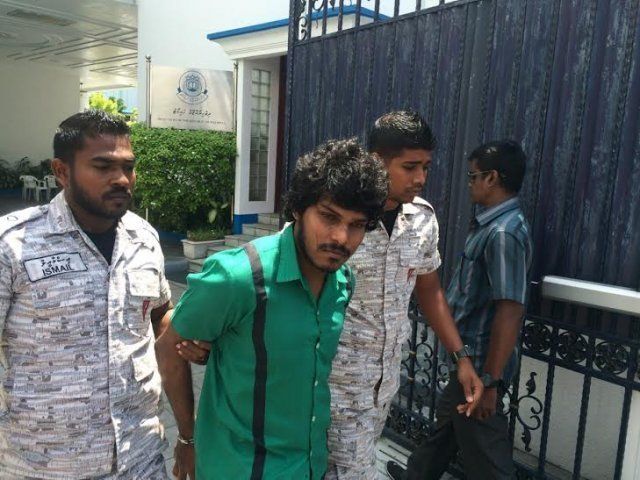Maldives state ready to kill Humam, and a way of life
The noose around Humam’s neck will put an end to not just his life but to two problems the government encounters: rumours of President Yameen’s involvement in Afrasheem’s murder that just won’t die; and accusations that it is not following the path of ‘true Islam’, i.e, Saudi-led Salafi Islam, writes Azra Naseem

25 Jun 2016, 09:00
In the early hours of the morning on the 19th day of Ramadan, as most of the country slept, the Maldives Supreme Court upheld the verdict by lower courts to kill Hussein Humam Ahmed. The 22-year-old man was convicted of killing MP Dr Afrasheem Ali on 2 October 2012 in a trial laden with irregularities.
Regulations introduced recently say the sentence must be carried out within 30 days. Umar Naseer, Home Minister until a sudden resignation on Tuesday this week, has said the State is now ready to kill by hanging – the only thing missing was someone’s neck to put the noose around and squeeze the life out of. The Supreme Court delivered that last night in the shape of Humam.
Humam’s killing will be the first in the Maldives since 1953, even then a rare thing. Moroccan traveller Ibn Batuta wrote of the Maldives in the 14th Century: “The inhabitants of the Maldive islands are honest and pious people, sincere in good faith and of a strong will…In body they are weak and have no aptitude for combat or for war, and their arms their prayers. One day in this country, I ordered the right hand of a robber to be cut off; upon which many of the natives in the hall of audience fainted away.”
Today’s Maldives could not be more different. Crime is rife. Murders are commonplace. Stabbings are almost a daily occurrence. Robbery is regular. Corruption is widespread. Deception is natural. Violence is culture.
Become a member
Get full access to our archive and personalise your experience.
Already a member?
Discussion
No comments yet. Be the first to share your thoughts!
No comments yet. Be the first to join the conversation!
Join the Conversation
Sign in to share your thoughts under an alias and take part in the discussion. Independent journalism thrives on open, respectful debate — your voice matters.




